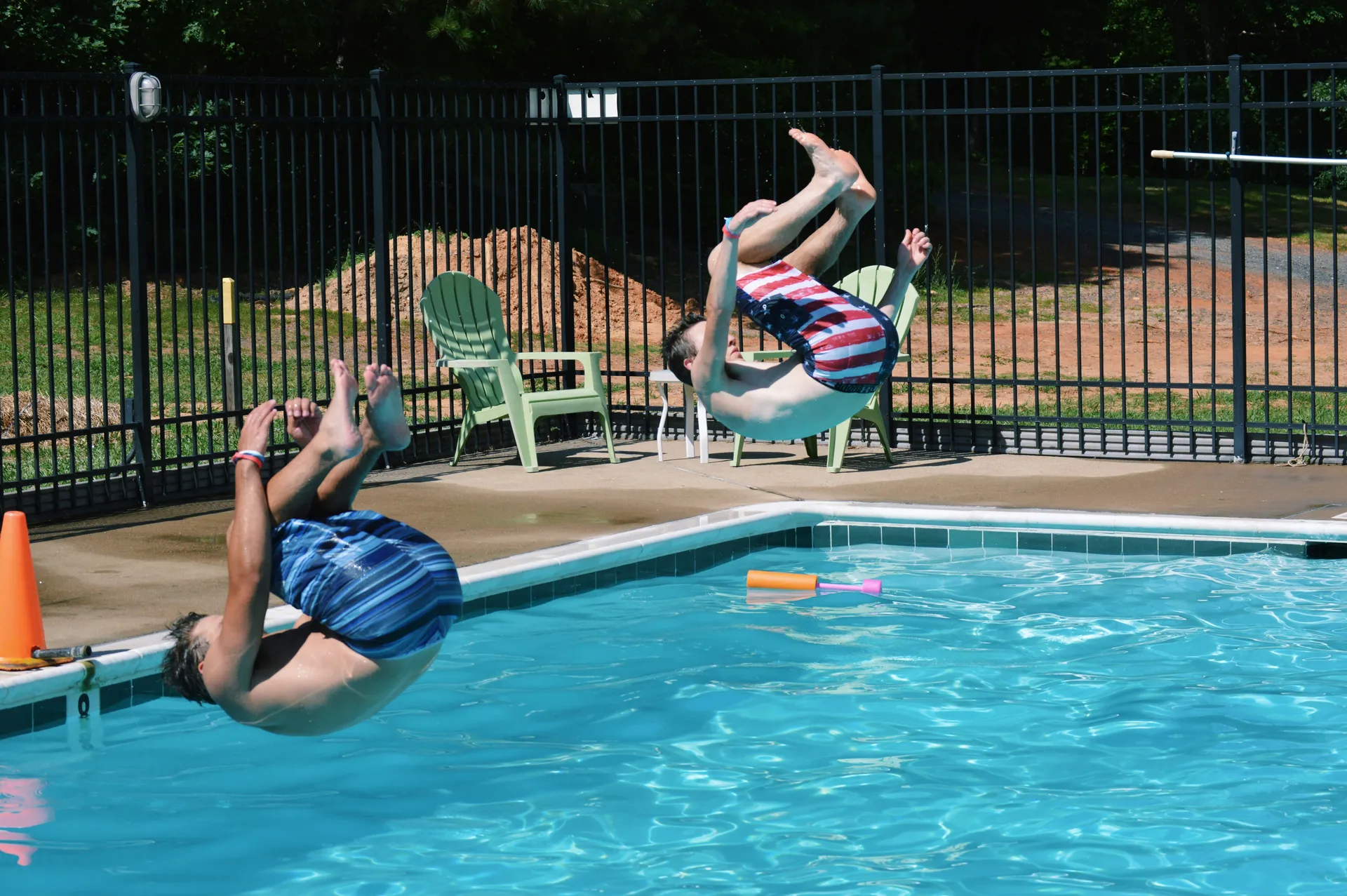Supporting Your Teen in Summer
Balancing Independence and Connection
As a family therapist, I often hear from parents who are concerned about their teens spending too much time alone in their rooms and on their devices, especially during the summer months. With the structure of school gone, teens may retreat even further into their own worlds. While some alone time is normal and healthy for adolescents, excessive isolation can be concerning. Here are some strategies to help parents support their teens in finding a balance between independence and connection.
1. Understand the Underlying Reasons
Before addressing the behavior, it’s crucial to understand why your teen is spending so much time alone or on their devices. Adolescence is a period of significant change, and teens may retreat for various reasons, including:
- Need for Privacy: Teens naturally seek more privacy as they develop their identities.
- Social Anxiety: Some teens may find social interactions stressful or overwhelming.
- Interests and Hobbies: Many teens engage deeply in online communities or activities that they are passionate about.
By understanding the underlying reasons, parents can better address their teen’s needs.
2. Open the Lines of Communication
Effective communication is key to understanding and supporting your teen. Here are some tips:
- Be Non-Judgmental: Approach conversations without judgment. Show genuine interest in their activities and feelings.
- Ask Open-Ended Questions: Encourage your teen to share more about their interests and experiences. Questions like, “What do you enjoy most about your online activities?” can open up dialogue.
- Listen Actively: Pay attention to what your teen says and validate their feelings. This builds trust and encourages them to share more.
3. Set Healthy Boundaries and Expectations
While it’s important to respect your teen’s need for independence, setting boundaries around device use is also crucial. Here’s how to do it effectively:
- Create a Family Media Plan: Collaboratively set rules around screen time and device use. This might include no devices during meals or limiting screen time before bed.
- Encourage Offline Activities: Help your teen find and engage in offline activities they enjoy. This could be sports, hobbies, or social events.
- Model Healthy Behavior: Demonstrate balanced screen use and show your teen the importance of engaging in various activities.
4. Encourage Social Interaction
Social connections are vital for teens’ development. Here are some ways to promote social interaction:
- Organize Family Activities: Plan regular family outings or game nights to foster connection.
- Support Friendships: Encourage your teen to invite friends over or get involved in group activities like sports or clubs.
- Explore Community Programs: Look into local programs or camps that align with your teen’s interests. These can provide structured social opportunities.
5. Monitor Mental Health
Excessive isolation can sometimes be a sign of underlying mental health issues, such as depression or anxiety. Be vigilant for signs such as drastic changes in mood, sleep patterns, or appetite. If you have concerns, consider seeking the support of a mental health professional.
6. Foster Independence
Summer is also a great time for teens to develop independence and responsibility. Encourage them to take on new challenges, such as:
- Part-Time Jobs: Working can help teens develop skills and gain confidence.
- Volunteer Work: Volunteering fosters a sense of purpose and community connection.
- Learning Opportunities: Encourage your teen to explore new subjects or skills through online courses or summer programs.
7. Be Patient and Flexible
Every teen is different, and what works for one may not work for another. Be patient and willing to adjust your approach as needed. The goal is to find a balance that allows your teen to enjoy their independence while still staying connected with family and friends.
Conclusion
Supporting your teen during the summer involves a mix of understanding, communication, and setting healthy boundaries. By being present and engaged, you can help your teen navigate this transitional period and foster a balanced and fulfilling summer. Remember, the key is to strike a balance between giving them the space they need and ensuring they stay connected to the world around them.
Related posts
Navigating Your Family Through Times of Transition and Change
Change is a natural part of life, but it can be especially challenging for families. Some people
Creating Family Resilience
If you’ve ever had a family session with me, you’re surely no stranger to the idea of “uncooke
Another Look at Parent Anxiety
I have a vivid memory, when my kids were small, of a winter day wrangling the two of them in the wai






